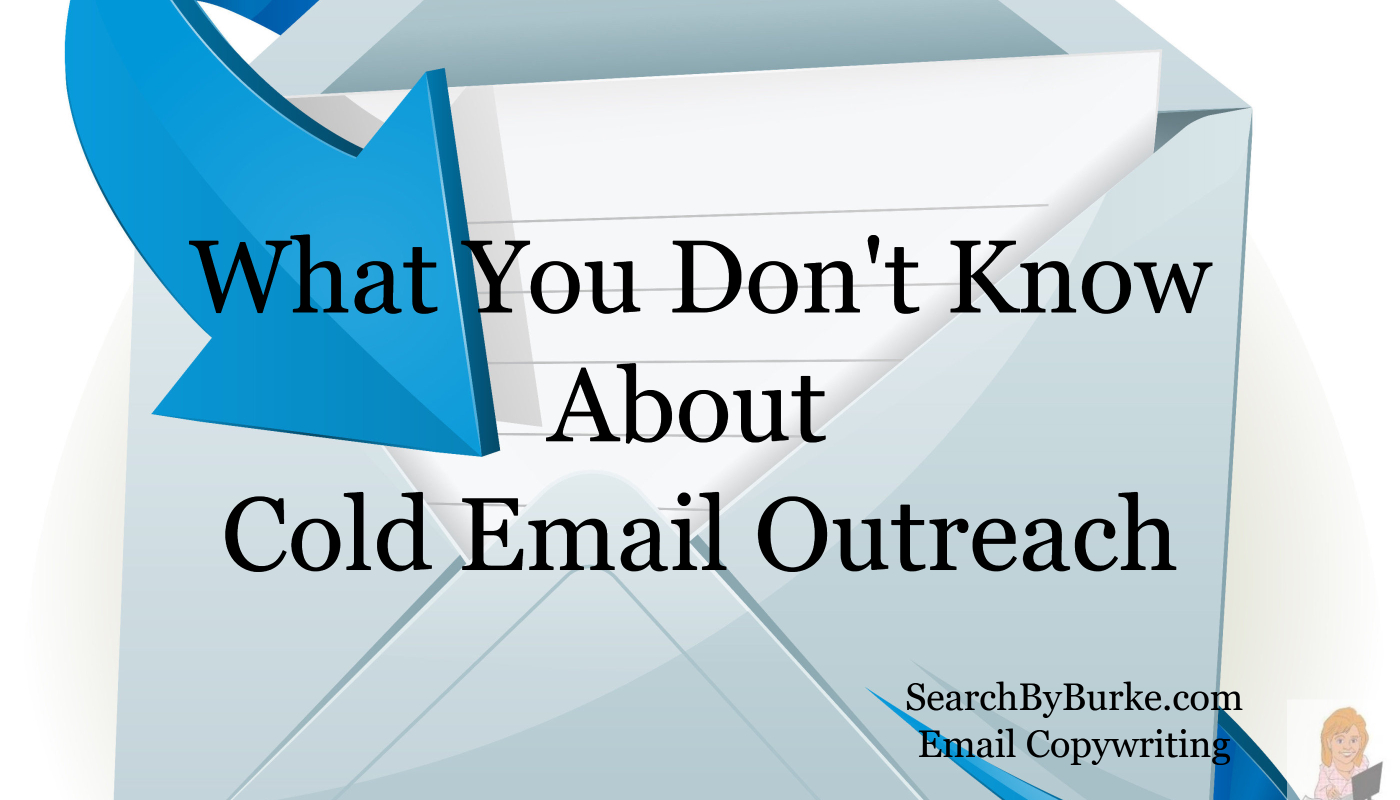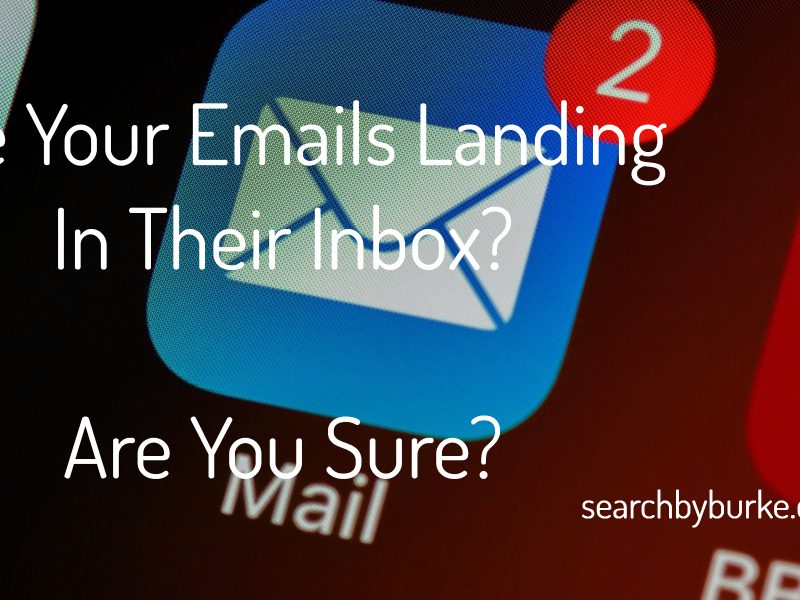Don't be put off by the naysayers.
You know who I mean. Those people who react with a lot of emotion to anyone who dares mention that cold email is a good sales prospecting tool.
Some brave soul will post in a group or on their profile that they offer cold email prospecting as a service.
When you see that post you know what will come in the comments:
“I hate cold email!”
“cold email doesn't work!”
“email is dead”
“never send an email to someone who didn't ask for it”
“cold email is SPAM!”
Am I right?
If you agree – then read on because I'm going to show you they are wrong. Oh so wrong.
Cold Email Outreach Works When You Understand Your Prospect
A few things to keep in mind – please.
Your prospects are busy. They rarely answer the phone because they rely on email to communicate.
You read that right – for many of your prospects, it's their preferred method of communication.
Why?
They are in control of the conversation. They can:
● Read a message much faster than listening to a voicemail.
● Decide which messages to read now, which ones to highlight for later, which ones to delete.
● Easily give a quick response and be done with it.
In short, email respects their time. If they’re not interested in what you have to say, they can move on. If they are interested, they can connect effortlessly.
So how do you respect their time?
Do the research. It is on you to invest time to learn about them before you initiate contact. Failure to do this homework will get you deleted – fast.
For maximum results, follow these guidelines:
Medium to Large Companies
You must have a reasonable understanding of their needs, issues, and concerns. They expect you to know about their industry and marketplace trends.
How can you get your hands on this information?
First, before you write your email…
- Spend time on their website
- Read industry journals
- Visit their industry association websites
- Subscribe to their blog
- Download a white paper or case study or other report
- Use LinkedIn to gain insights on the individuals you'll be contacting
Small Business
They don't expect you to invest as much time learning about them.
But – they do want you to know about their industry and similar businesses in their space.
And, they want to know you've worked with individuals in similar positions at other companies.
The truth is simple:
If you don't do this homework, you haven't earned the right to do business with them.
They're reading your message and sniffing for the false sincerity and lack of research – and are able to detect it.
Here's the Deal:
If you have ideas, insights, and information that can help them reach their objectives, they will want to meet with you.
You must have a valid business reason for contacting them. And that reason isn't to sell them your stuff. That's your reason. They don't care about that. They want to know why it's worth their valuable time to spend 5 minutes, 30 minutes, or an hour with you.
What does it take to get their attention?
Is it possible to craft an irresistible message that compels your prospects to hit “Reply” and request a meeting with you?
Yes, it is.
I write cold emails for coaches, consultants, sales reps, recruiters, and others. They get results from those emails because I've done the research and I respect the person who will be reading them.
For example:
- One sales rep sent an email to the CEO of a company and within an hour got a reply asking for a conference call.
- A salesperson had been trying unsuccessfully to reach a decision-maker for months. I looked at her messaging – changed it – and she got a request for a meeting.
- A new business owner offering used car clean-up and new car paint restoration/touch-up to car dealerships received replies and set appointments using the emails I wrote for him.
- A healthcare staffing firm got appointments with HR managers.
- A freight broker got replies from shipping department managers.
You see, they got responses because they showed they understood what their prospect needed.
So, to wrap up – do your research.
Know what your prospect needs and wants.
Keep your cold emails short as you show that you understand what they need and want.
Follow-up a few times [just in case they didn't see the first few emails].
Ask for the meeting…the call…the time on the calendar.



